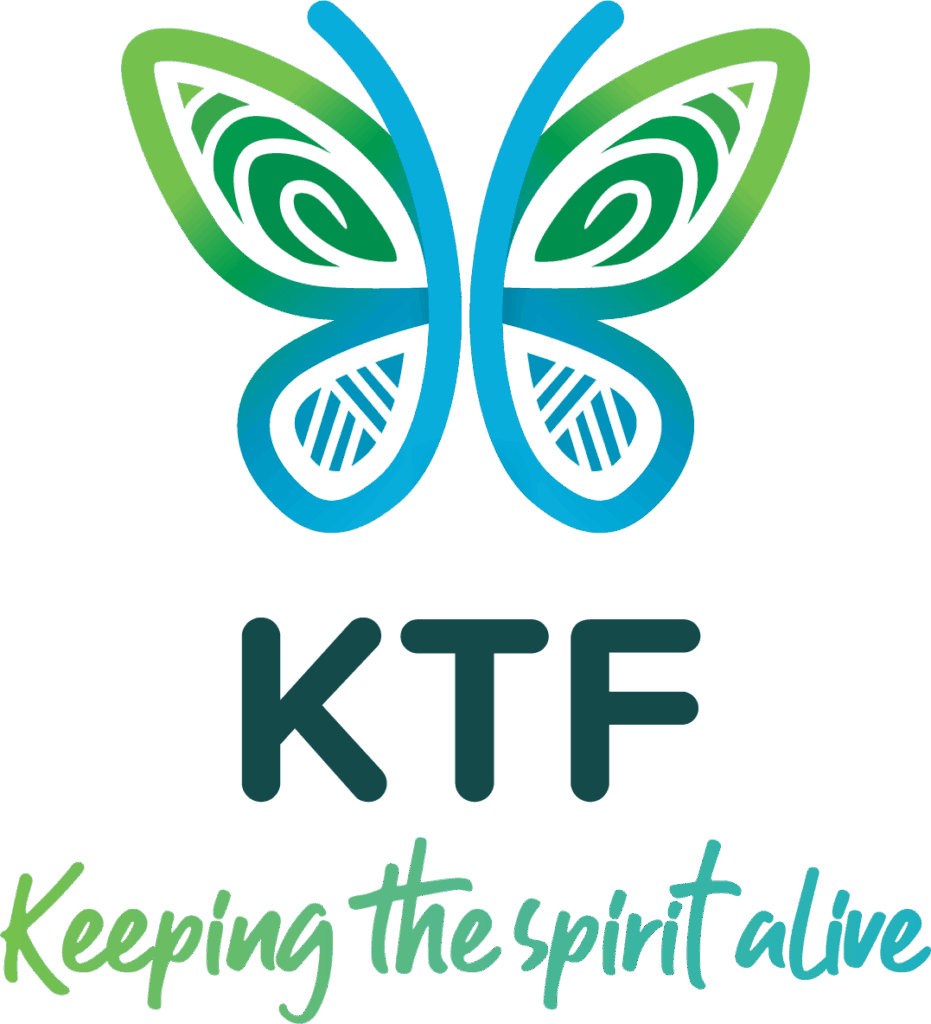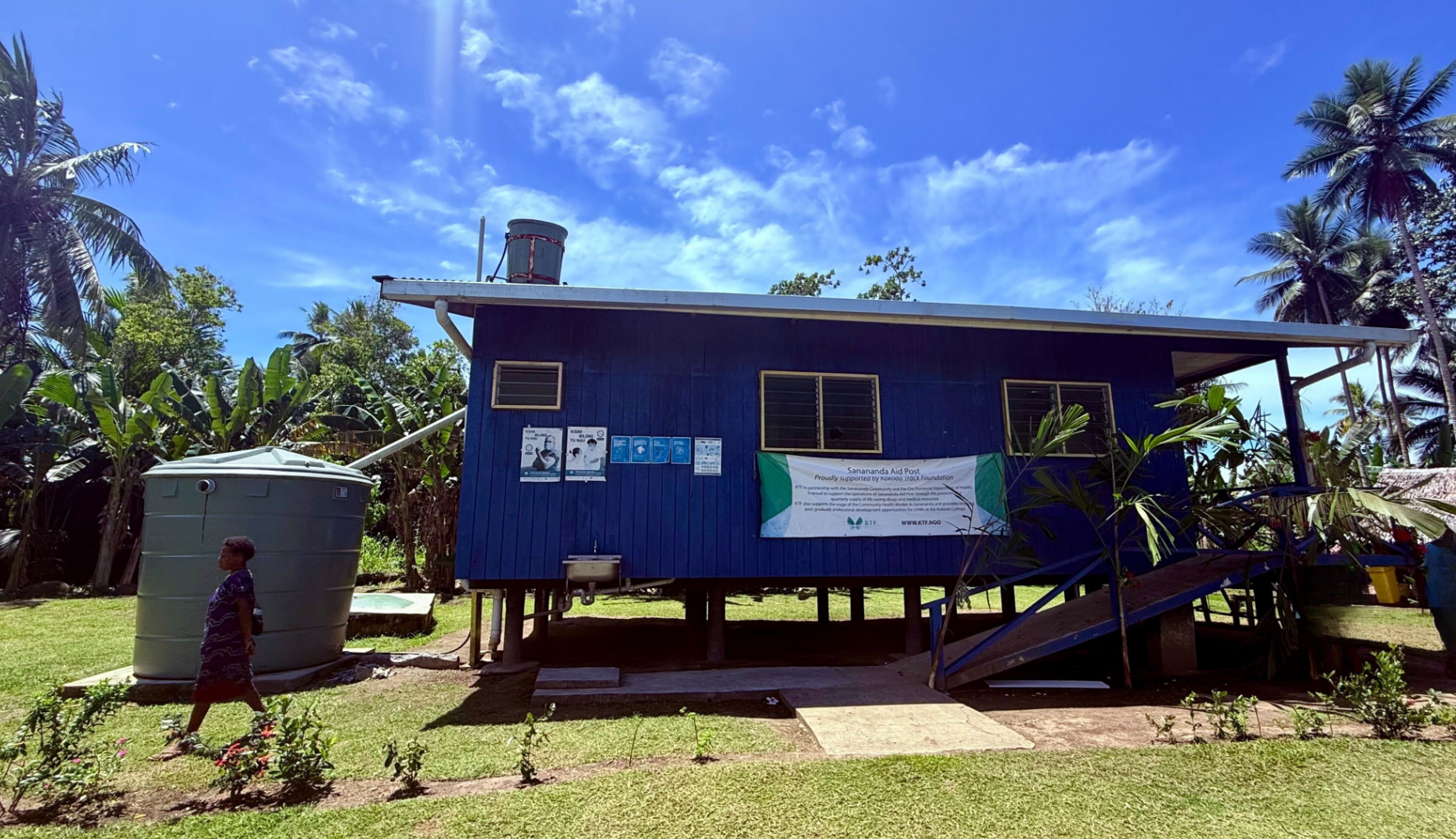Solar mini-grids powering health and education in Papua New Guinea’s Oro and Central Provinces
Funding round: Quickstart
Country: Papua New Guinea
Sector: Education | Healthcare
REnew Pacific’s first Papua New Guinea project will deliver reliable, clean energy to two remote off-grid communities in Oro and Central Provinces through solar mini-grids, supporting healthcare at Sanananda’s aid post and education at the Kokoda Track’s Mt Koiari FODE (Flexible Open and Distance Education) Centre.
The systems will power medical equipment, vaccine storage, classrooms and digital learning technologies, transforming access to essential services.
Led by KTF, with strong community partnerships, local operations and maintenance, and a focus on inclusion, the project provides a scalable model for sustainable development in off-grid communities.
$662,844
$662,844
DFAT contribution
$570,091
$570,091
Partner contribution
$1,232,935
$1,232,935
Total funding
Partner

The Kokoda Track Foundation is an Australian non-profit dedicated to working alongside people and communities in Papua New Guinea to improve lives, livelihoods and futures.
About this project

Kokoda Track Foundation (KTF), in partnership with the Kokoda College, Sanananda Aid Post and the Australian Government, is delivering clean, reliable energy to two remote communities in Papua New Guinea’s Oro and Central Provinces. This project will install solar mini-grids at the Mt Koiari FODE Centre in Efogi and the Sanananda Aid Post, powering critical education and health services in off-grid, underserved areas.
On the Kokoda Track, the new solar mini-grid will support equitable access to secondary education for students living along the Kokoda Track. The system will power classrooms and digital learning infrastructure for KTF’s Mt Koiari FODE Centre, the first secondary school of its kind in the region. In Sanananda, a busy coastal aid post serving up to 7,000 people each year will receive reliable power for life-saving maternal health services, vaccine storage and improved water and sanitation systems.
This initiative builds on KTF’s successful pilot Off-Grid Renewable Energy Partnership, which installed a solar mini-grid at Kokoda College in early 2025. That project delivered reliable power for classrooms, an IT lab with disability assistive technologies, solar water pumping with irrigation system and electric incinerator waste systems, improving education outcomes for over 200 students, many of whom are women pursuing second-chance education through KTF’s FODE program. The pilot demonstrated the transformative potential of small-scale renewable energy for education, health and climate resilience in remote Papua New Guinea.
By expanding this proven model, the new project integrates energy access with inclusive service delivery and community development. It supports national priorities across education, health and energy, while promoting long-term sustainability through local operations and maintenance, community training and gender-inclusive governance.
Context
Access to electricity in rural and remote Papua New Guinea is among the lowest in the world, with estimates in Oro and remote Central Provinces even lower than the national average of 10 to 15%. In isolated communities along the Kokoda Track and in Sanananda, there is little to no chance of connection to the national electricity grid. Existing energy access is typically limited to low-capacity solar lanterns or expensive, unreliable diesel generators that frequently break down or cannot be refuelled easily due to supply chain disruptions.
KTF has worked in these communities for over two decades and understands the deep developmental challenges they face. On the Kokoda Track, the Mt Koiari FODE Centre is transforming lives by offering digitalised high school education to students who previously had no access to secondary schooling. However, operations are hindered by the absence of consistent electricity, limiting learning opportunities and safety for students, especially women and students with disabilities. In Sanananda, the aid post is overwhelmed by demand and lacks the reliable power needed for safe deliveries, vaccine storage and clean water access.
These energy challenges undermine the health, education and resilience of these communities. By delivering solar mini-grids tailored to each site, the project directly addresses these barriers by providing dependable energy where it’s needed most and unlocking broader socio-economic benefits. It also aligns with Papua New Guinea Vision 2050 and national development plans, contributing to climate goals and improving lives in some of the country’s most remote regions.
We’re proud to once again partner with the Australian Government to deliver sustainable, community-led energy solutions where they’re needed most.
The Community Health Workers at Sanananda Aid Post do an incredible job providing healthcare services to a catchment of close to 15,000 people. Delivering babies, triaging emergencies and providing the healthcare services most of us take for granted. They manage with a small solar system that charges a handful of lights. No hot water, limited refrigeration, no powered equipment, limited night-time services. Reliable access to power from a mini-grid will be an absolute game changer for the level of care they can deliver to their community.
High in the mountains of the Kokoda Track, the Mt Koiari FODE Centre provides the first ever access to secondary schooling for nearby communities. In region where the only communications are via radio, and accessing the electricity grid is a pipe dream, a mini-grid provides extraordinary opportunity. Powering classroom basics – lights, student resource tablets and fans – will transform the learning environment for students and lecturers alike.
Through this work, we’re helping people reach their potential by improving their access to education and healthcare that is powered by clean, dependable energy in even the most remote parts of Papua New Guinea.
– Dr Genevieve Nelson
KTF’s Chief Executive Officer
On behalf of the community of Sanananda and the entire catchment area of more than 10 armlets, we are excited after hearing the message about the mini-grid. This mini-grid will help the Sanananda Aid Post to store vaccine for immunization, do delivery of babies, give light for patients and emergencies at night, security during night, and also help us charge and use equipment at the Aid Post. We are grateful as a community and also as a catchment. Thank you on behalf of our people of Sanananda.
– Grayson Kaumi
Sanananda Community Representative
